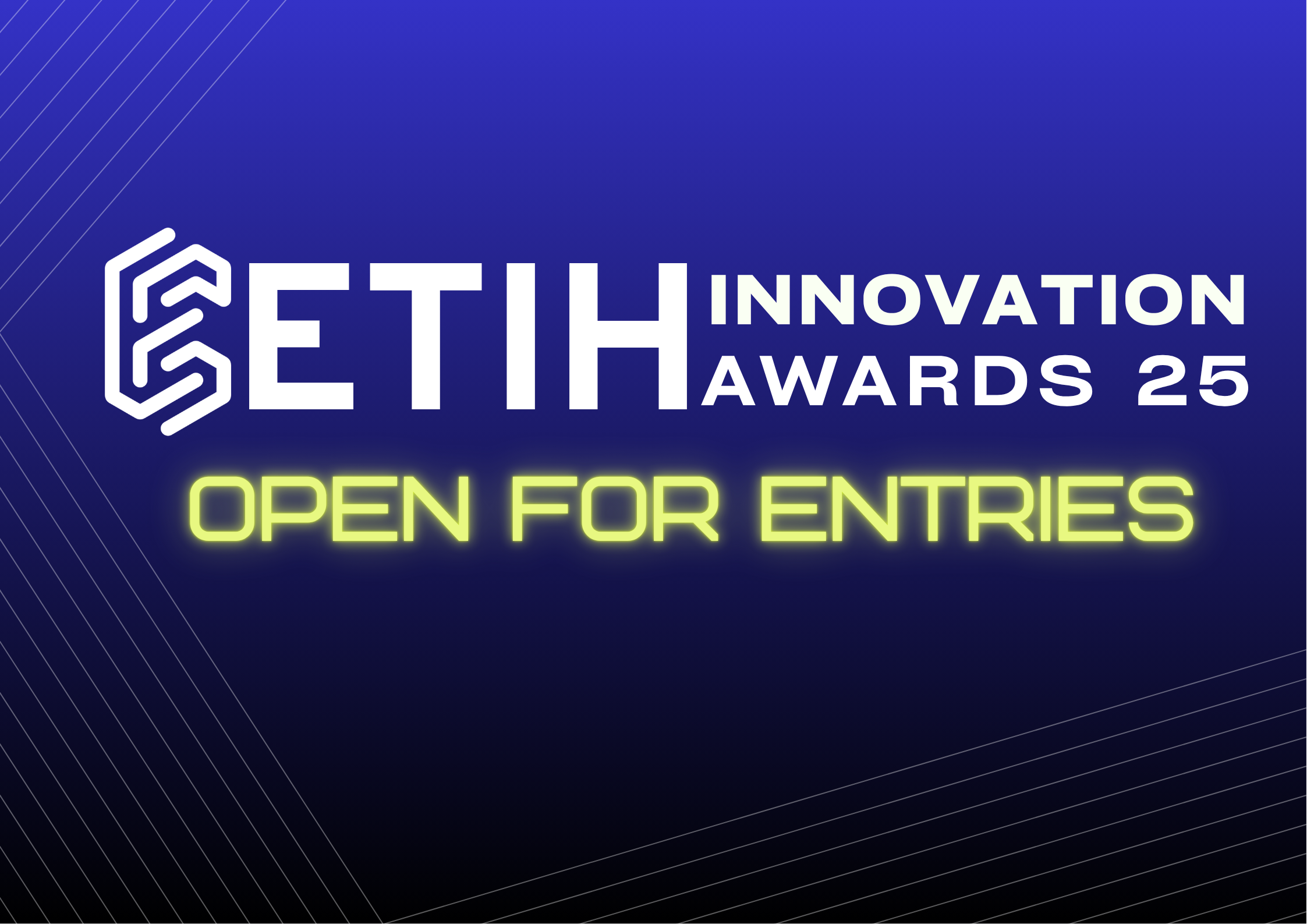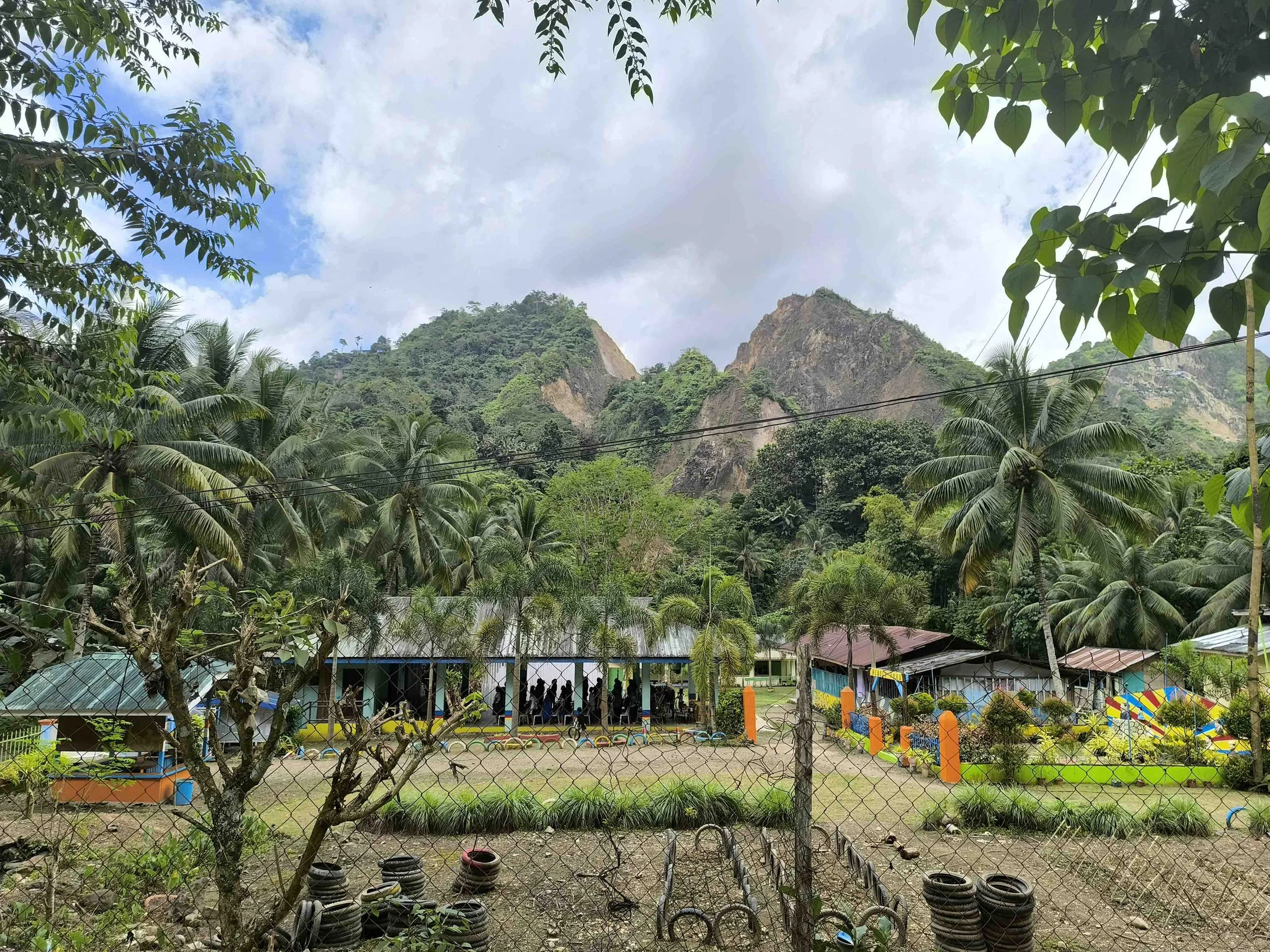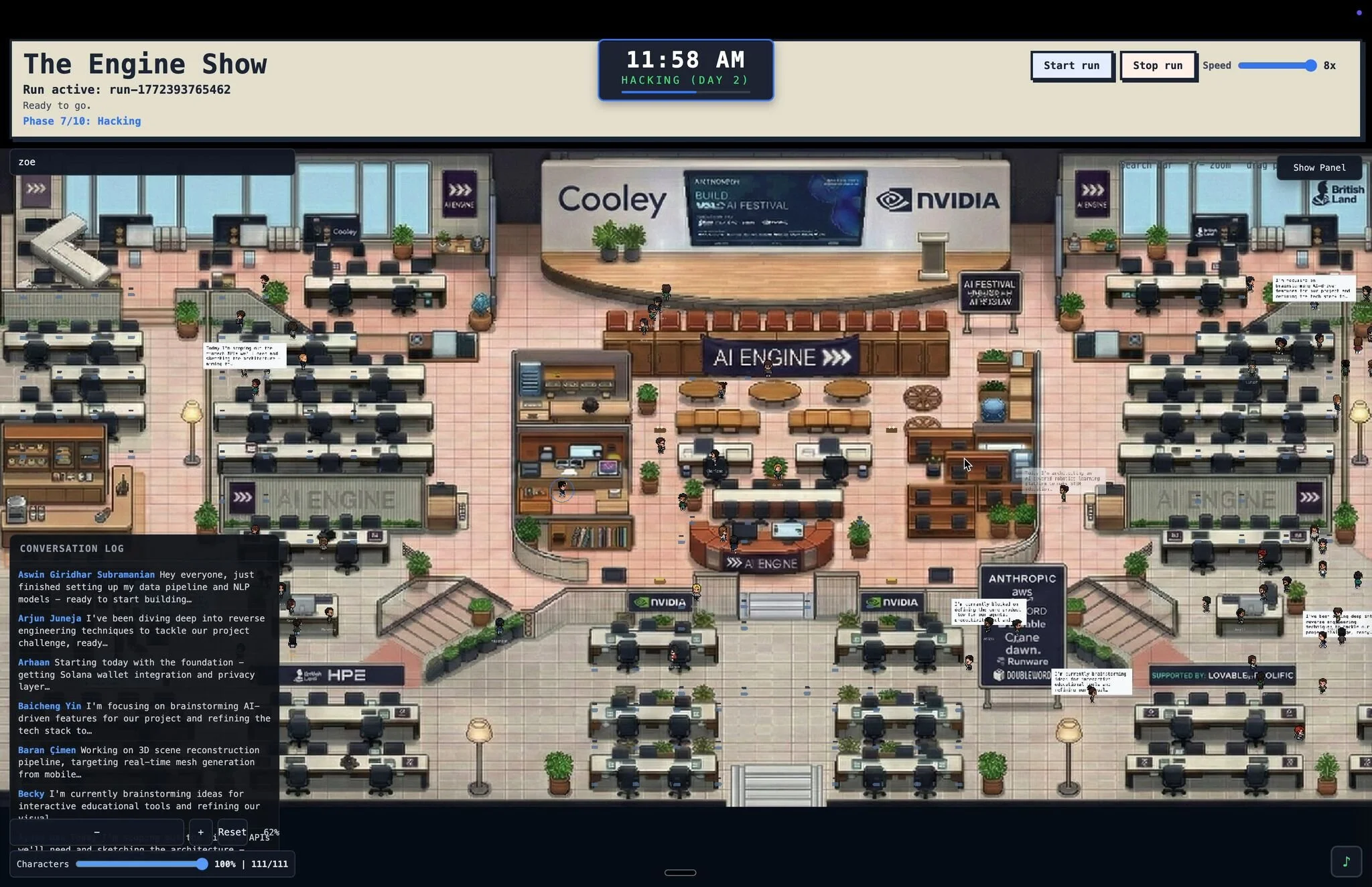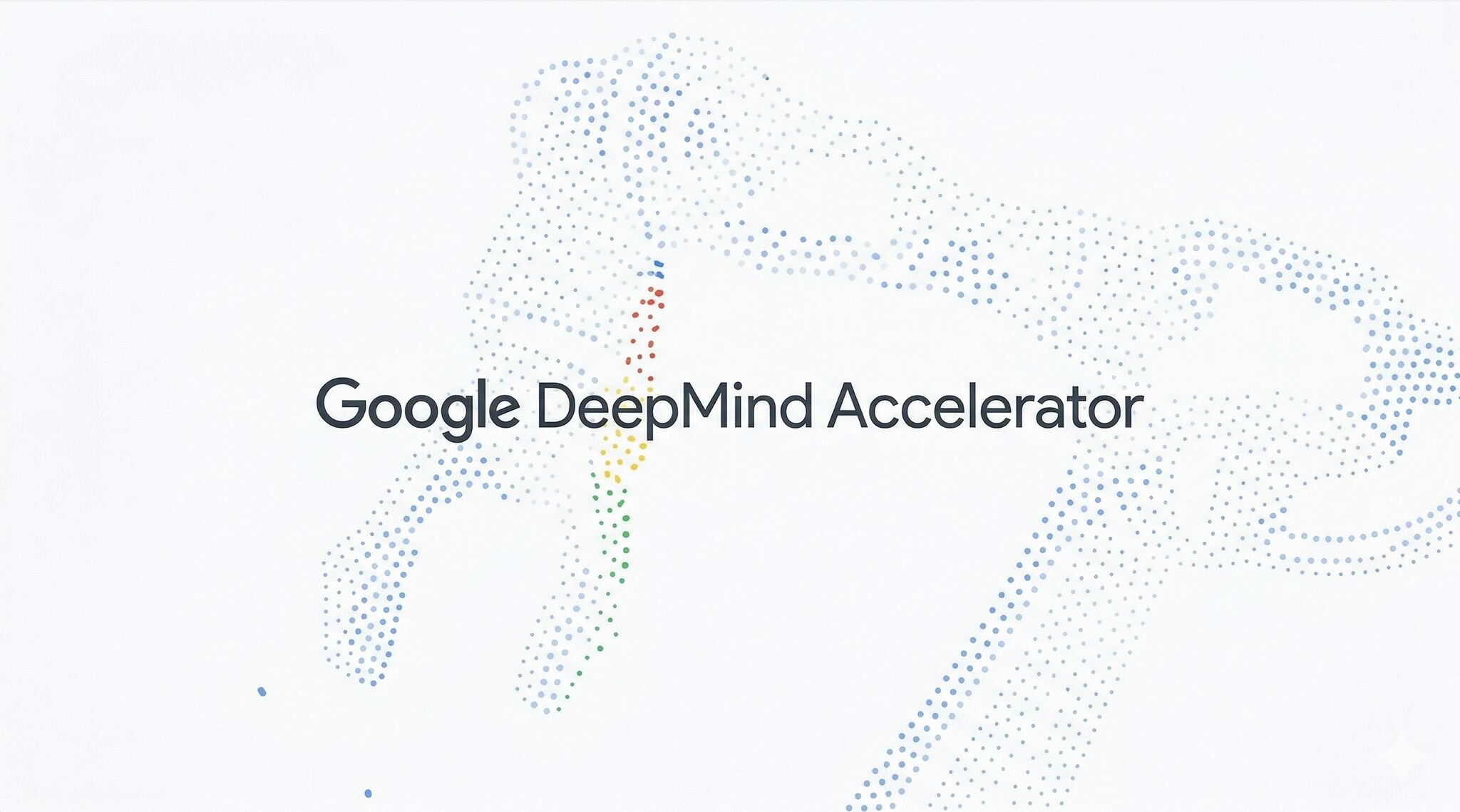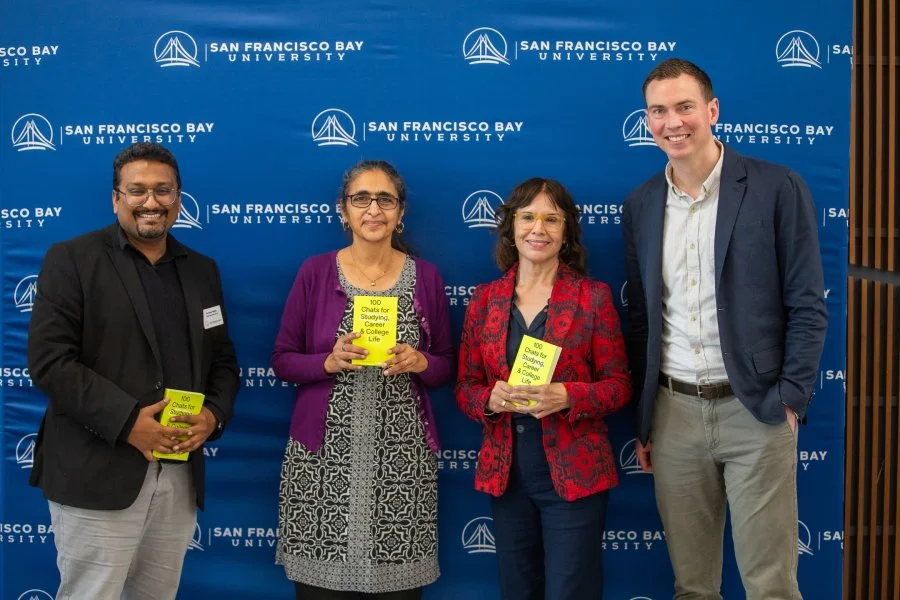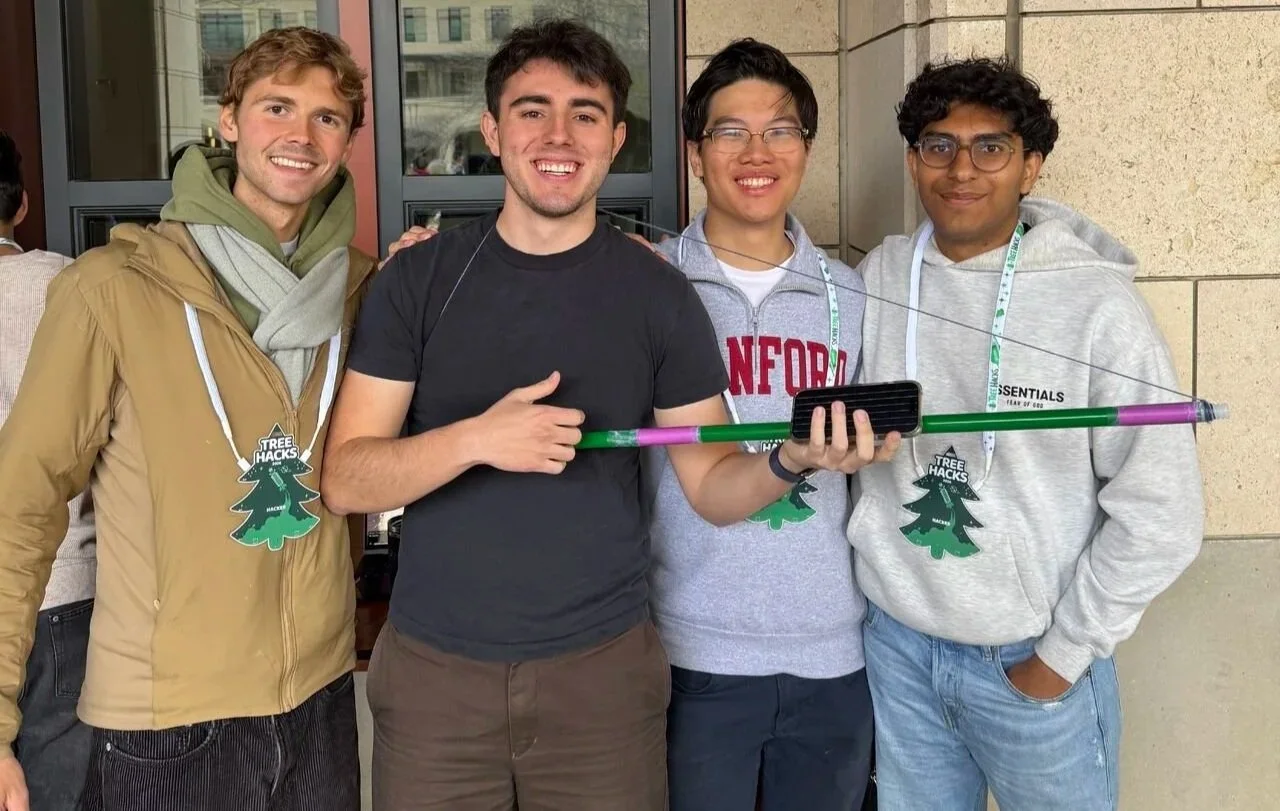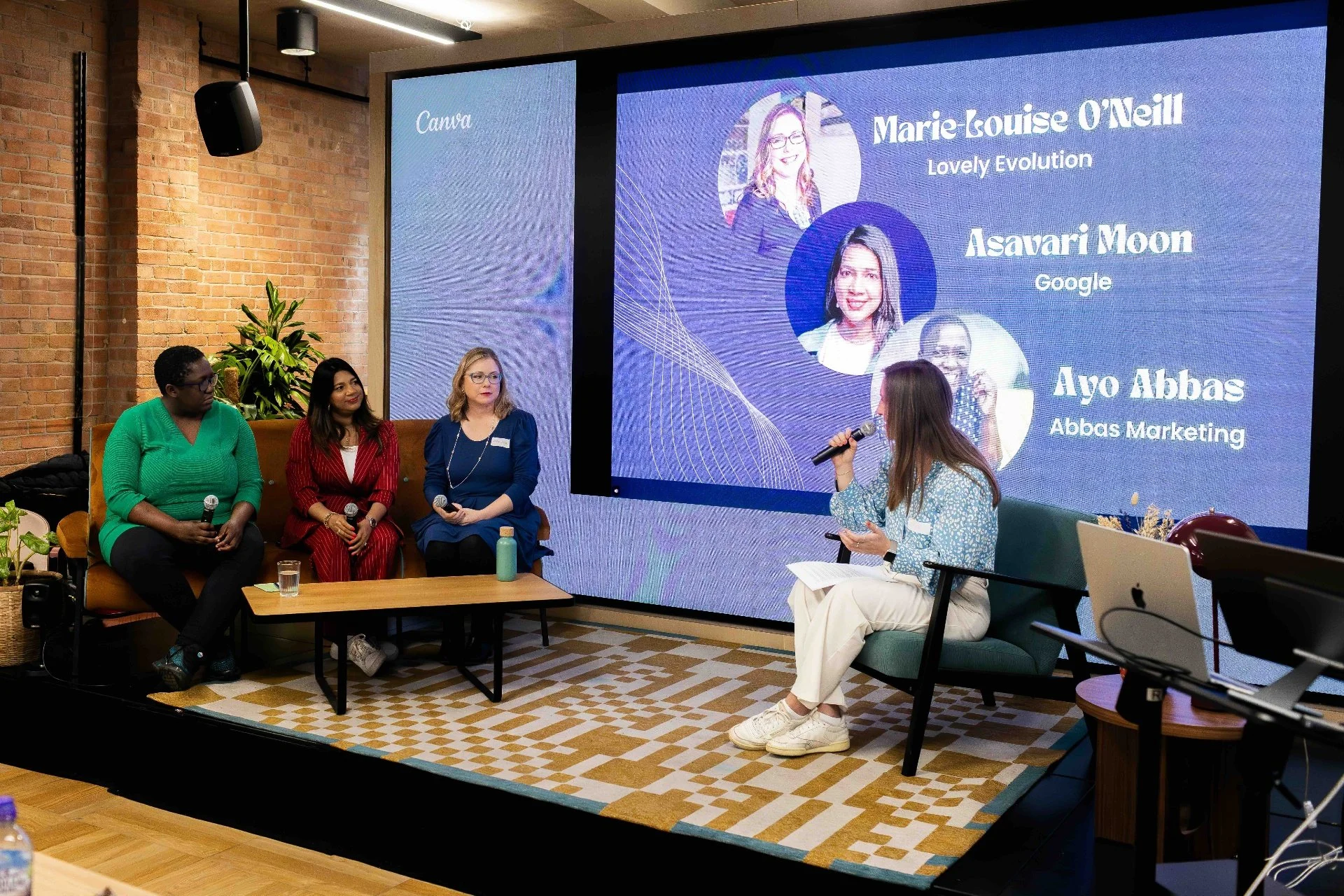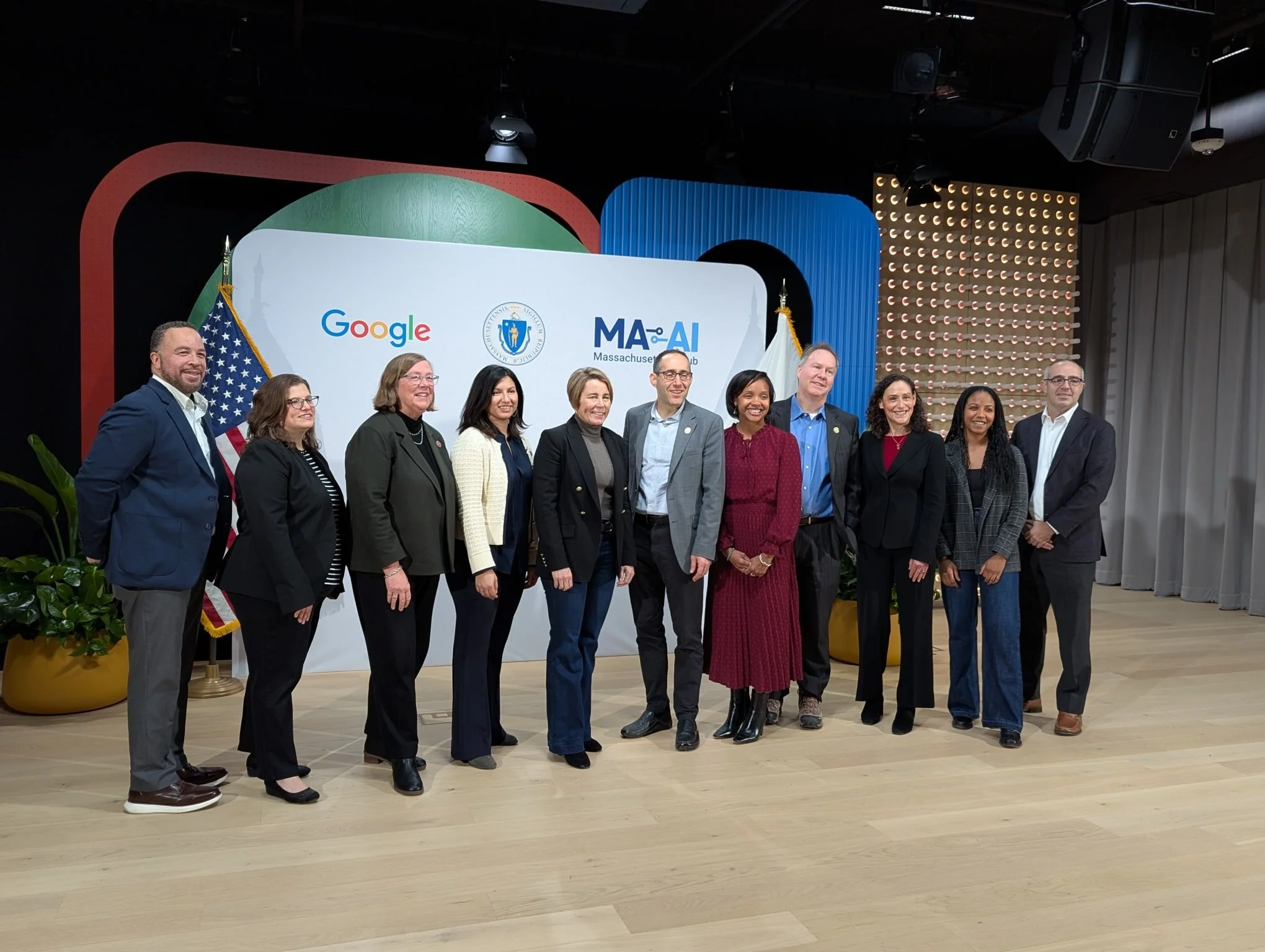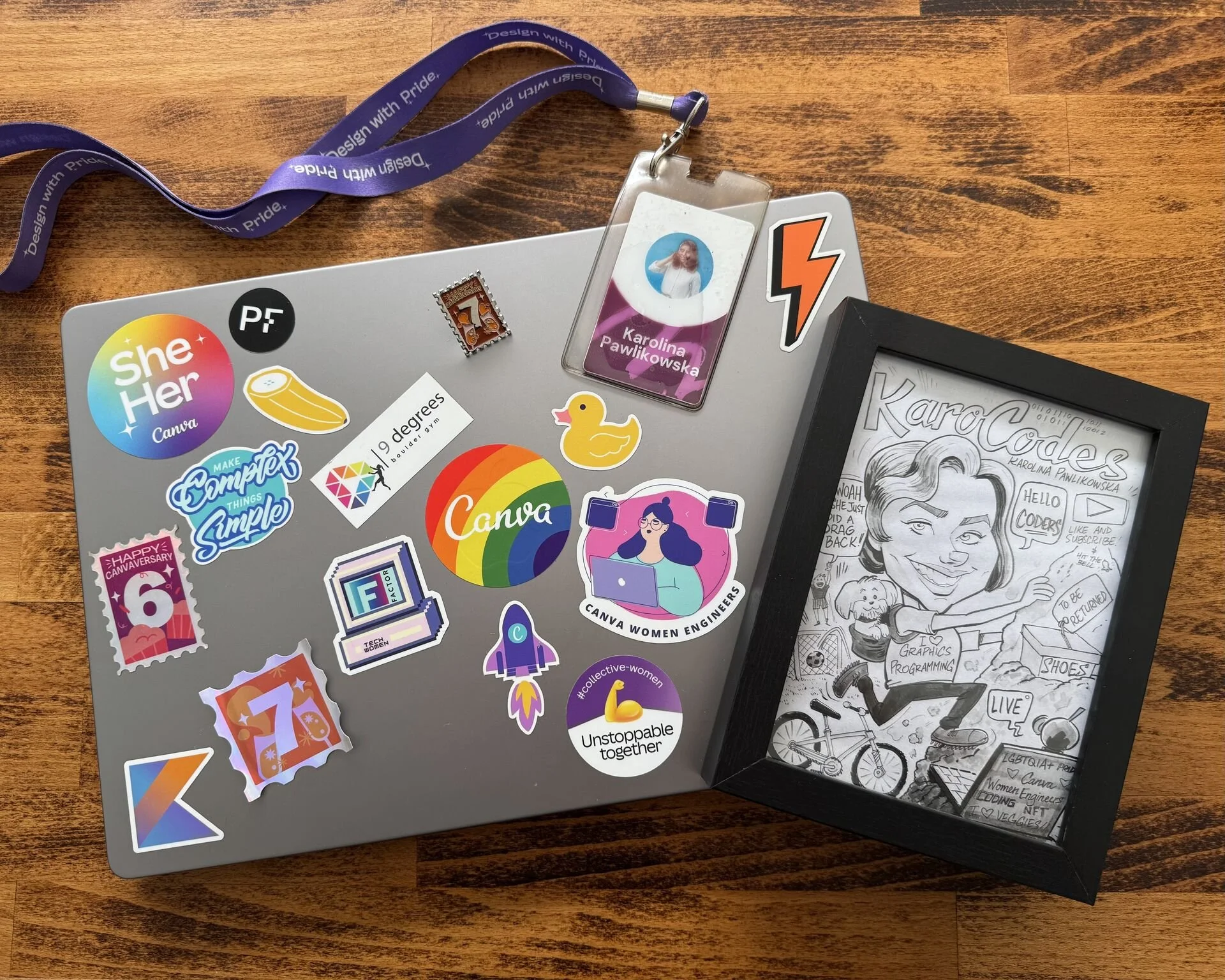Stockholm University researchers publish study on university teachers’ perceptions of generative AI
A LinkedIn post from Alexandra Farazouli announced the publication of a study exploring how university teachers experience and perceive generative AI in higher education.
In a LinkedIn post, Alexandra Farazouli, WASP-HS PhD Candidate at Stockholm University’s Department of Education, confirmed the release of a new paper in Studies in Higher Education.
Co-authored with Teresa Cerratto Pargman, Klara Bolander Laksov, and Cormac McGrath, the article investigates how generative AI is influencing teaching practices and professional roles.
The study, titled Navigating uncertainty: university teachers’ experiences and perceptions of generative artificial intelligence in teaching and learning, involved 24 teachers from sociology, philosophy, law, and education at a Swedish university. Through workshops and focus groups, participants reviewed AI-generated exam responses and reflected on how such technologies impact assessment, pedagogy, and ethics.
Findings: alarm and vulnerability
Teachers described the emergence of generative AI as both alarming and overwhelming. Media narratives portraying widespread student cheating created a climate of urgency. One respondent commented: “All of a sudden, it’s in the news that all students are going to cheat. That’s kind of what is communicated to the public, that this is a disaster and now knowledge is gone and no one’s going to know” (P3).
Many also reported a sense of vulnerability, citing limited knowledge of AI tools and concerns about being less prepared than students. As one teacher put it: “I feel a bit like a sort of boomer trying to get into this too late”.
The study identified fairness, unequal access, and bias as recurring ethical issues. Teachers noted that premium AI subscriptions could create inequities between students. They also raised concerns about bias and inaccuracies in AI-generated outputs.
Assessment practices emerged as a central area of concern. Some argued that home exams were no longer viable, while others suggested incremental submissions or requiring students to declare AI use. “Well, as I see it, if they don’t say that they’re using ChatGPT, then I think it’s the same thing as plagiarism” (P13).
Implications for teaching and student learning
Respondents emphasized the need to foster students’ critical thinking and independence, warning against overreliance on AI. They highlighted risks to writing, reasoning, and research skills, along with the potential “desocialisation” of learning if students relied on chatbots rather than peer collaboration.
At the same time, some saw opportunities for integrating AI into coursework, such as asking students to critique AI-generated answers against course materials.
Call for institutional support
The authors conclude that higher education institutions should provide structured support, including AI literacy training, dedicated time for experimentation, and collaborative spaces for educators to explore responsible use of generative AI. Without this, teachers risk being left “stuck” between the pressures of rapid technological change and limited institutional readiness.
Farazouli writes in her post: “I’m very proud of this work, where we bring forward teachers’ voices during this pivotal period and examine how Generative AI technologies mediate educational practices—as well as the ethical challenges they pose.”
The ETIH Innovation Awards 2026
The EdTech Innovation Hub Awards celebrate excellence in global education technology, with a particular focus on workforce development, AI integration, and innovative learning solutions across all stages of education.
Now open for entries, the ETIH Innovation Awards 2026 recognize the companies, platforms, and individuals driving transformation in the sector, from AI-driven assessment tools and personalized learning systems, to upskilling solutions and digital platforms that connect learners with real-world outcomes.
Submissions are open to organizations across the UK, the Americas, and internationally. Entries should highlight measurable impact, whether in K–12 classrooms, higher education institutions, or lifelong learning settings.
Winners will be announced on 14 January 2026 as part of an online showcase featuring expert commentary on emerging trends and standout innovation. All winners and finalists will also be featured in our first print magazine, to be distributed at BETT 2026.


